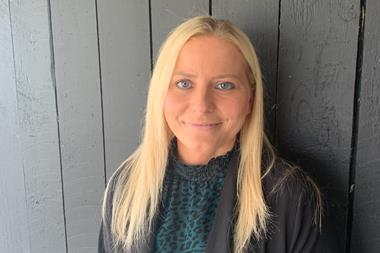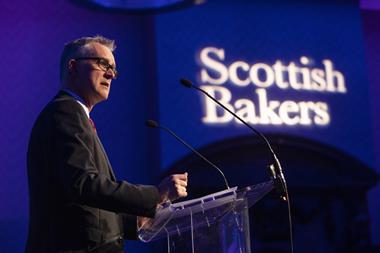Daniela Verhaeg, marketing manager for X-ray business unit Mettler-Toledo, looks at the use of X-ray technology to protect both consumers and manufacturers from the threat of glass contamination
A single shard of glass in a food product could have devastating effects on the consumer and the supplier.
For manufacturers, the implications of any subsequent product recalls are significant, not only as a result of financial costs but also reputational damage.
Unfortunately, as production speeds increase, so too has the risk of defective products reaching retailer shelves. Furthermore, the movement towards a global market and growing consolidation in suppliers of raw materials have increased the potential scope of product recalls. According to a recent report by Rentokil, there were 84 food product recalls in the UK in 2016, an increase of 29% on 2015, with 12% of these related to baked goods.
Glass contamination can occur accidentally in a number of ways on a baked goods production line, the most common cause being contamination from harvested raw materials such as vegetables. This can occur when, for example, a member of the public, or even a farm worker, has dropped a glass bottle in an open field which has not been noticed prior to harvesting.
Accidental contamination can also take place inside the factory on the production line itself as the result of external forces, such as a light bulb breaking, or from a worker dropping a glass item onto the production line. Less common, but not unheard of, is deliberate contamination.
To minimise these risks, product inspection technology is developing at pace to deliver accurate, real-time detection of contaminants like glass and provide support for chain of custody reporting.
X-ray inspection systems are vital on production lines where glass contamination is a risk.
These systems can identify and reject individual items in real time, so there is no impact on normal production rates. They also come equipped with software that can store information about product parameters, making changeovers quick and simple, as well as recording data, including images, for quality audit purposes.
With food safety regularly at the top of the news agenda, product inspection is no longer a ‘would like to have’ for food manufacturers. As well as helping to prevent product recalls, incorporating X-ray detection technology into a company-wide product inspection programme helps manufacturers meet retailers’ codes of practice, protect reputations and prevent harm to customers.





























No comments yet